Dogs are companions that bring joy, loyalty, and the occasional chewed-up shoe. Yet, despite their reputation as man’s best friend, some breeds can inadvertently crank up the stress levels in their human companions. Whether it’s their boundless energy, unique health needs, or a penchant for mischief, these breeds require just a little extra from their owners. Here are 15 dog breeds that, while undeniably lovable, have been known to test the patience and resilience of even the most dedicated pet parents.
1. Border Collie
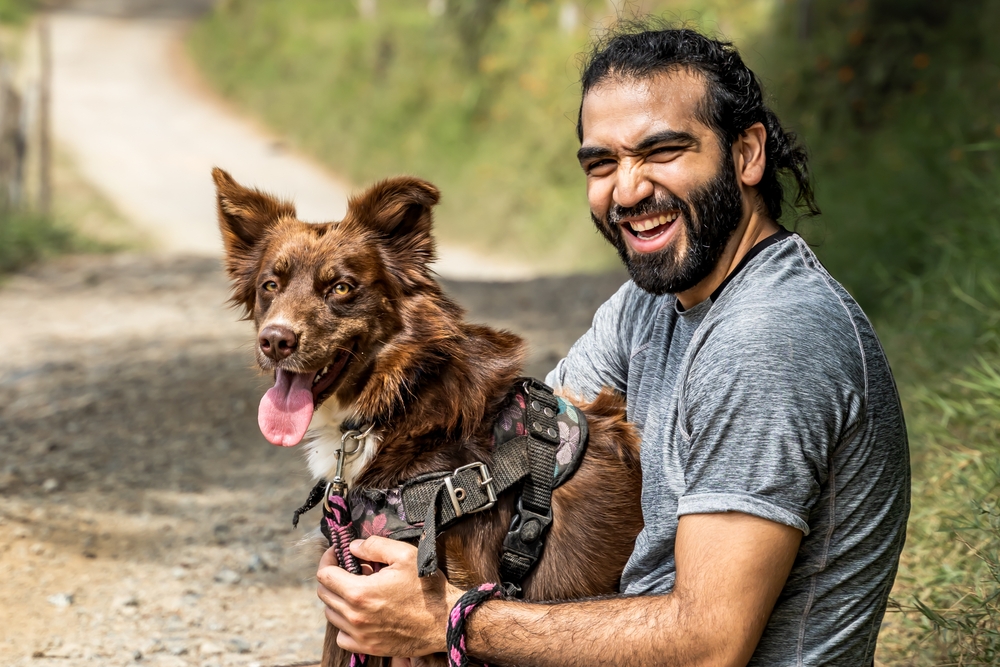
Border Collies are renowned for their intelligence and energy, which can be a double-edged sword for owners. If you’re not ready to match their mental and physical needs, these dogs might start exhibiting unwanted behaviors like chewing or digging. They thrive on stimulation and can become easily bored if left alone for too long. This means that to keep a Border Collie happy and healthy, you need to dedicate time daily for both physical exercise and mental challenges.
According to Stanley Coren, a psychology professor and canine expert, Border Collies rank at the top of the intelligence chart among dog breeds. This intellect means they excel in training but also require constant mental workouts to prevent them from becoming overwhelmed with energy. Left unchallenged, their intelligence can turn into stubbornness or frustration, leading to stress for both dog and owner. Thus, owning a Border Collie isn’t just committing to a pet; it’s agreeing to an active lifestyle and a lifelong learning journey.
2. Jack Russell Terrier

Jack Russell Terriers are small but mighty, known for their feisty personalities and boundless energy. These compact canines require plenty of physical activity, often surprising people with their stamina. A simple walk around the block won’t cut it for these energetic terriers — they thrive on agility courses, long hikes, and games of fetch. If their energy needs aren’t met, they can become destructive, channeling their energy into chewing furniture or digging up the backyard.
The independent nature of Jack Russell Terriers can also pose a challenge for some owners. While they can be affectionate, they’re not the type to follow you around the house all day. This independence means they can sometimes be difficult to train, testing your patience and perseverance. If you’re prepared for a dynamic companion who keeps you on your toes, the Jack Russell might be your match, but expect a bit of chaos along the way.
3. Siberian Husky
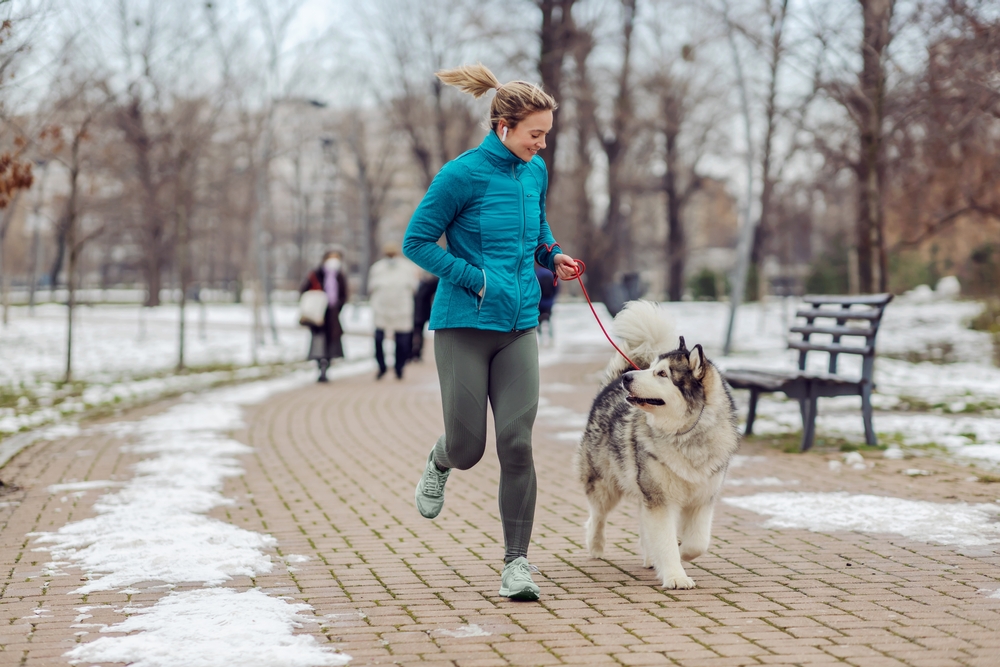
Siberian Huskies are beautiful dogs known for their striking appearance and endurance, but they are not for the faint-hearted. Their need for constant activity can be overwhelming, as they were bred to pull sleds over long distances and in harsh environments. When not given the opportunity to exercise and play, they can become restless and even destructive. This breed is notorious for escaping from yards, so you’ll need a secure, escape-proof space to keep them safe and your stress levels in check.
A study by the University of Bristol found that Huskies often have higher stress levels than other breeds, possibly due to their innate need for mental and physical stimulation. They’re known to be independent thinkers, which can make training a challenging experience, requiring consistent and patient teaching methods. Without proper guidance and engagement, Huskies can develop behavioral problems, adding to the stress of their owners. However, for those who meet their needs, Huskies can be incredibly rewarding companions, full of loyalty and charm.
4. Dalmatian
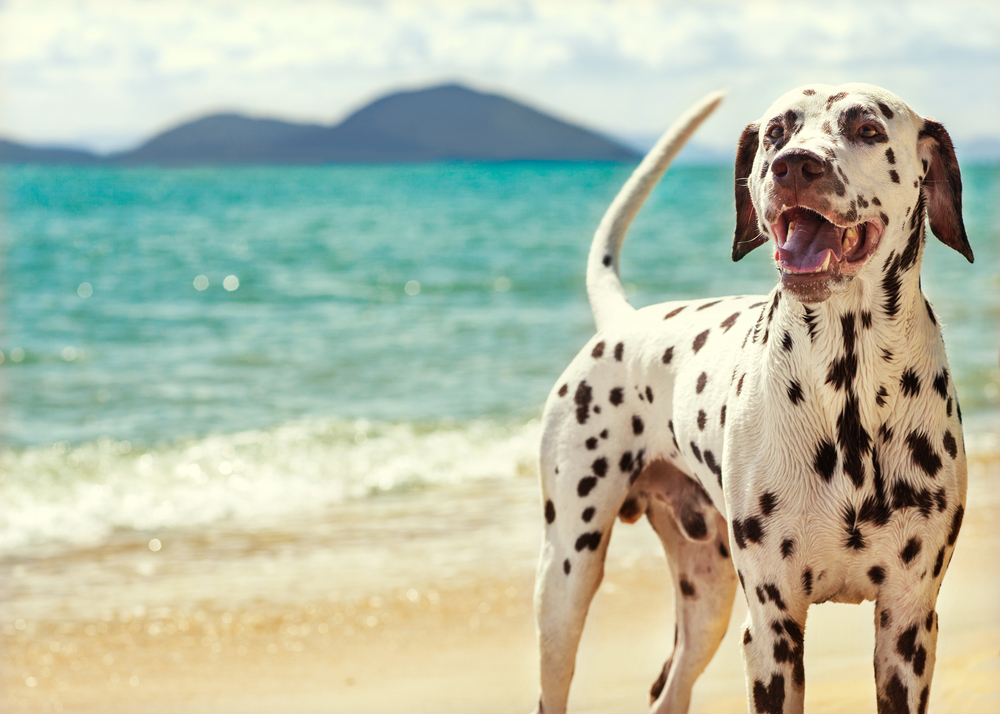
Dalmatians are known for their distinct spotted coats and high energy, making them both visually striking and physically demanding. Originally bred as carriage dogs, they have an innate need for exercise and mental stimulation. Without adequate physical outlets, Dalmatians can become hyperactive and may start exhibiting unwanted behaviors like excessive barking or destruction. This breed requires an owner who is equally energetic and willing to spend a significant amount of time outdoors.
Moreover, Dalmatians are prone to certain health issues, including deafness and urinary problems, which can add an additional layer of stress for owners. Their potential health challenges mean that regular vet check-ups and a specialized diet might be necessary. Socialization and training from a young age are crucial to channel their energy positively. Owning a Dalmatian can be an exciting adventure if you’re equipped to handle their unique needs, but it requires commitment and a love for active living.
5. German Shepherd
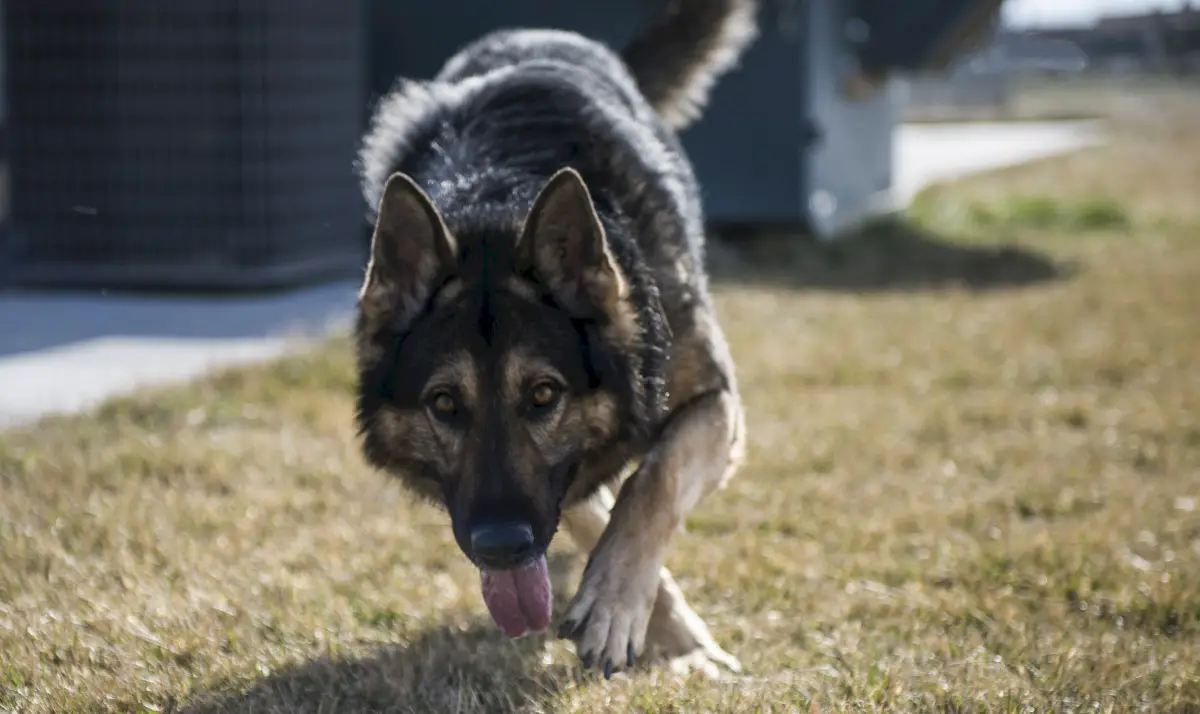
German Shepherds are revered for their loyalty, intelligence, and versatility, but they can also be demanding pets. These dogs require more than just basic obedience training; they thrive on complex tasks and challenges. Their working dog background means they need a job to do, whether it’s agility, protection work, or advanced obedience training. Without this mental stimulation, German Shepherds can become bored and may develop behavioral issues that lead to stress for both the dog and owner.
Dr. Karen Overall, a veterinary behaviorist, emphasizes that German Shepherds need consistent training and socialization. Their strong protective instincts, while beneficial in working environments, can sometimes lead to overprotectiveness in home settings if not properly managed. This means owners must be committed to ongoing training and socialization to ensure a well-balanced pet. Despite these challenges, for those who invest the time, a German Shepherd can be an incredibly loyal and rewarding companion, adept at forming deep bonds with their human families.
6. Belgian Malinois
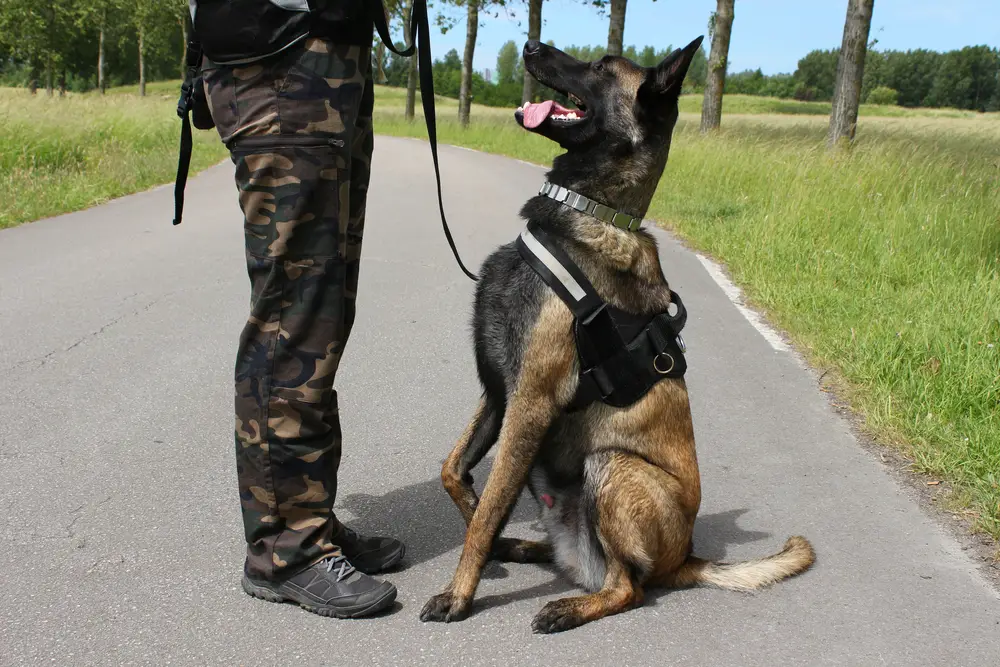
The Belgian Malinois is often mistaken for a German Shepherd, but this breed has a personality and energy level all its own. Known for their work in police and military settings, they are incredibly intelligent and driven. They require an owner who can keep up with their physical and mental demands, as they are not content with a sedentary lifestyle. Without proper outlets for their energy, they can become bored and frustrated, leading to destructive behavior.
In addition to their energy levels, Belgian Malinois require consistent training from an experienced handler. They are not the best choice for first-time dog owners due to their strong will and high drive. Early socialization is crucial to ensure they develop into well-rounded adults. If you’re willing to dedicate the time and effort, a Belgian Malinois can be an exceptional partner, offering unmatched loyalty and enthusiasm.
7. Australian Shepherd
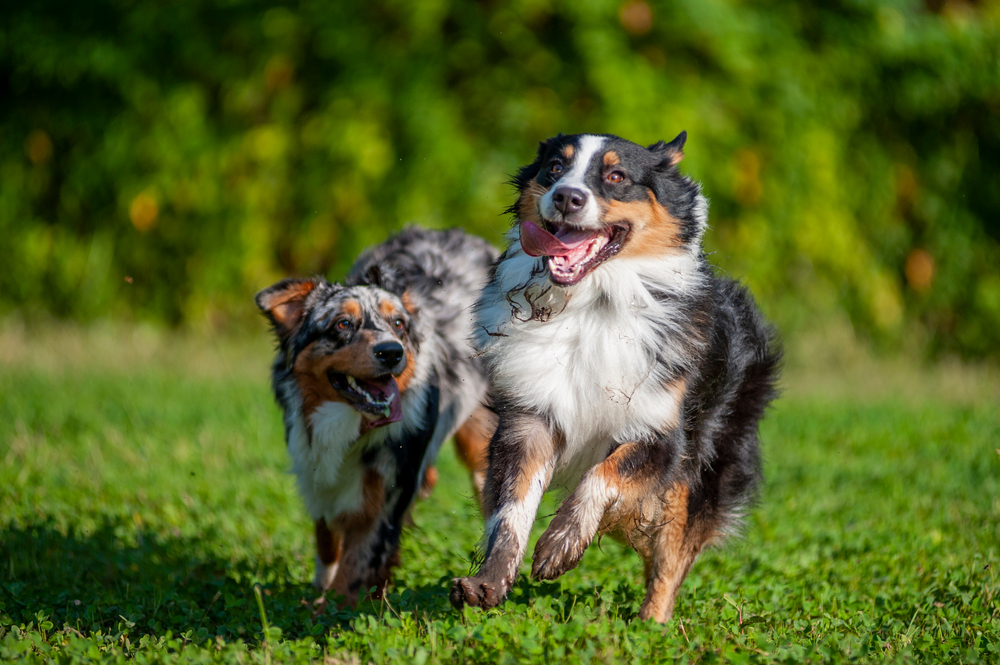
Australian Shepherds are beloved for their intelligence and herding instincts, but these same traits can lead to stress for owners unprepared for their needs. They are highly active and thrive in environments where they have a job to do, whether it’s herding livestock or participating in dog sports. Without sufficient exercise and mental challenges, they can become restless and potentially destructive. Their energy levels often require more than just a walk around the block to keep them satisfied.
Research conducted by the American Kennel Club suggests that Australian Shepherds excel in activities like agility and obedience, which provides an outlet for their intellect and energy. However, their strong herding instincts can sometimes translate into nipping or herding behaviors with children and other pets if not properly managed. They require a patient and committed owner who can provide consistent training and socialization. For those ready to embrace an active lifestyle, an Australian Shepherd can be an incredibly rewarding companion, full of intelligence and affection.
8. Weimaraner
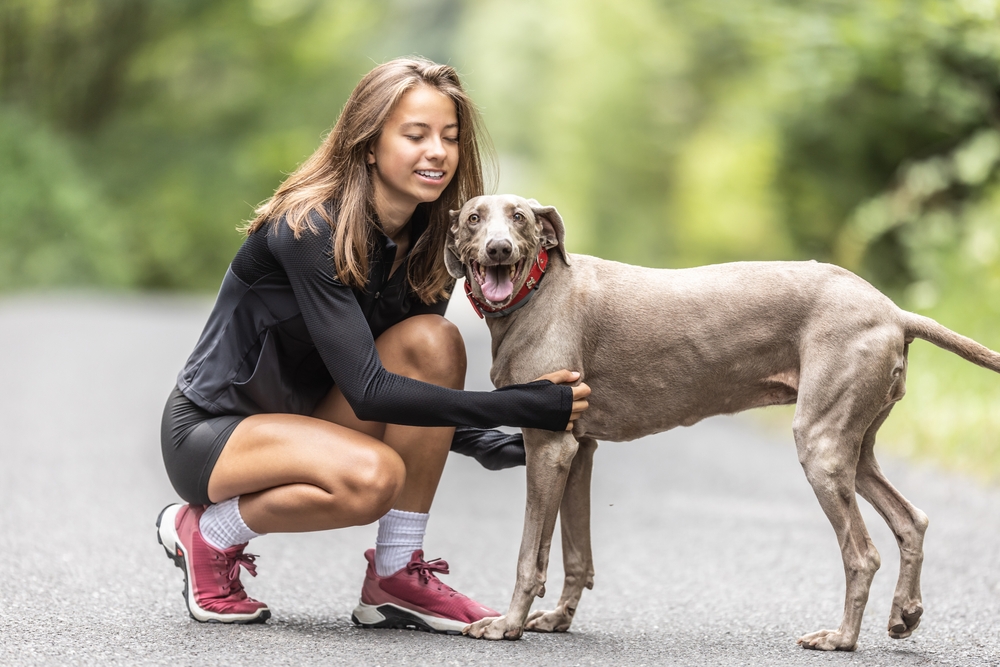
The Weimaraner, with its sleek, silver-gray coat, is as energetic as it is elegant. Known for their high energy and strong prey drive, these dogs require plenty of exercise to stay happy and healthy. They are not content with being couch potatoes and thrive in environments where they can run and explore. Without enough physical activity, Weimaraners can become anxious and may develop separation anxiety, leading to stress for their owners.
Training a Weimaraner can also be challenging due to their stubbornness and intelligence. They require firm and consistent guidance to ensure they don’t become unruly. Socialization from a young age is crucial to prevent them from becoming overprotective or aggressive. For those who can keep up with their pace, Weimaraners offer loyalty and companionship in spades, but they’re best suited for active households.
9. Beagle

Beagles are known for their adorable faces and friendly demeanor, but they can be surprisingly challenging to own. Their strong sense of smell and a great love for following scents can lead them to wander off if not properly contained. This means a securely fenced yard and leash walks are a must to prevent them from getting lost. Their independent nature can make training a test of patience, as they are often more interested in following their nose than your commands.
Beagles are also known for their vocal nature, often baying or howling, which can be frustrating in quieter neighborhoods. They require consistent training and socialization to manage their vocal tendencies and ensure they are well-behaved companions. Additionally, their love for food can make them prone to obesity, necessitating a careful diet and regular exercise. Owning a Beagle can be a joyful experience with their cheerful disposition, but it requires a commitment to managing their unique traits.
10. Boxer
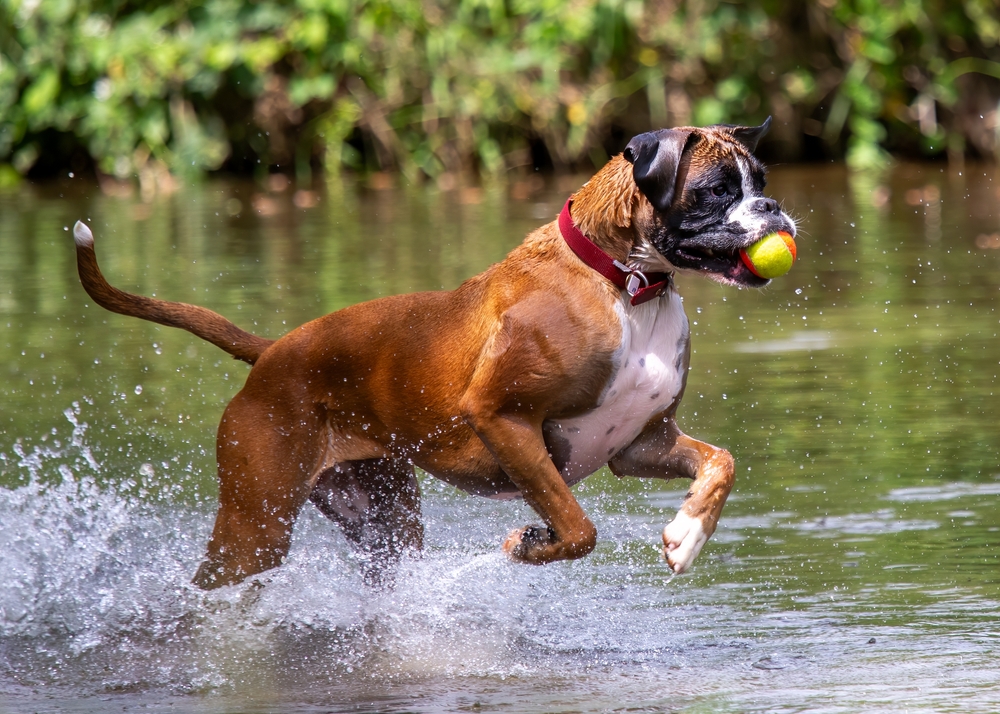
Boxers are high-energy dogs known for their playful and affectionate natures, but they require significant exercise to keep those wagging tails happy. They thrive on physical activities like running and playing, but if their energy isn’t channeled properly, they can become hyperactive and difficult to manage. Boxers also have a tendency to jump, which, though playful, can be problematic with small children or the elderly. Consistent training and socialization are crucial to ensure they develop into well-mannered adults.
In addition to their exercise needs, Boxers are prone to certain health issues, such as heart conditions and hip dysplasia. These potential health concerns can add a layer of stress for owners who must stay vigilant about their Boxer’s well-being. Regular vet check-ups and a healthy lifestyle can mitigate some of these risks. For those who can meet their exercise and health needs, Boxers provide endless love and loyalty, making them cherished members of active households.
11. Chihuahua
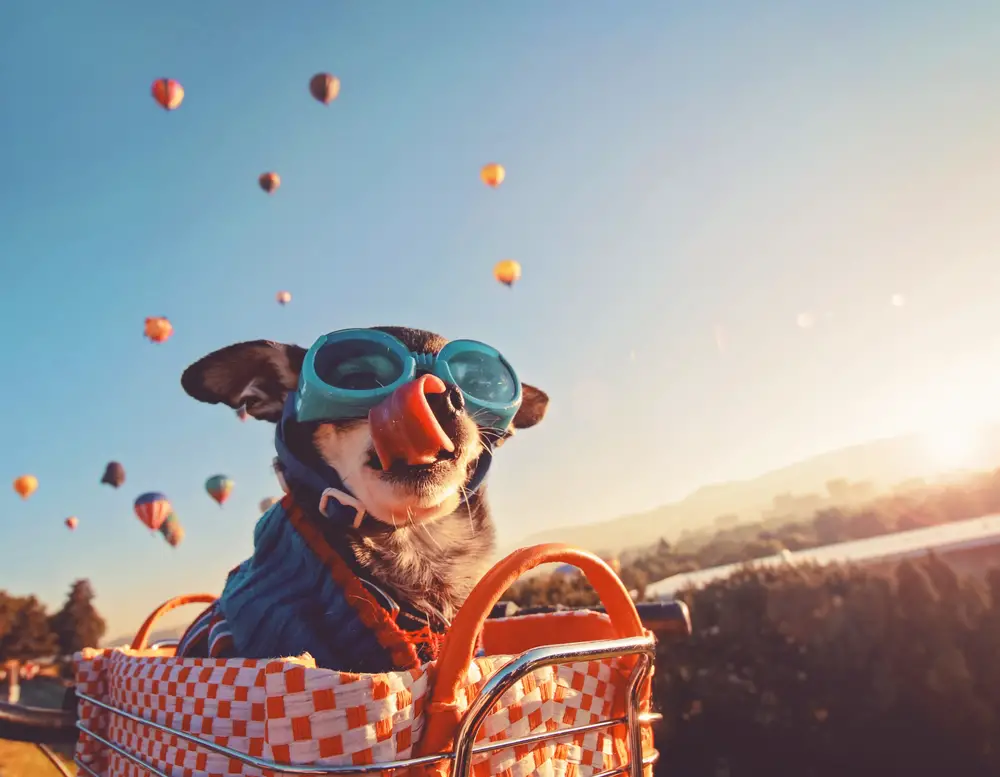
Chihuahuas, despite their tiny size, are often full of energy and personality, which can be surprising to first-time owners. They are known for their alertness and can become overprotective if not properly socialized from a young age. This protective nature can lead to frequent barking, especially if they perceive a threat, making them less suited for living situations that require quiet. With their tiny stature, they also require gentle handling to prevent injury, adding an extra layer of caution for their caregivers.
Training a Chihuahua requires patience and consistency, as they can be quite stubborn despite their small size. Early socialization is crucial to prevent them from becoming fearful or aggressive toward other animals and people. Due to their small size, they are prone to health issues like dental problems and patellar luxation, which can be stressful for owners to manage. However, with proper care and attention, Chihuahuas can be loving, loyal companions who offer big personalities in small packages.
12. Dachshund

The Dachshund, with its distinctive long body and short legs, is known for its bold personality and lively spirit. Originally bred for hunting, they have a strong prey drive and may chase smaller animals if not properly trained. This trait can be stressful in multi-pet households or neighborhoods with lots of wildlife. Additionally, their unique body shape makes them prone to back issues, requiring care when handling and managing their weight.
Training a Dachshund can be a challenge due to their stubborn and independent nature. They require patient and consistent training methods to ensure they become well-behaved companions. Socialization from a young age is crucial to prevent them from developing aggressive tendencies. For those who can handle their unique needs, Dachshunds offer endless charm and affection, making them beloved companions for those ready to embrace their quirks.
13. Akita

Akitas are known for their nobility and strong protective instincts, which can be both a blessing and a challenge for their owners. They are naturally wary of strangers and require proper socialization to ensure they don’t become overly aggressive. This protective nature can lead to stress in unfamiliar or crowded environments, requiring confident handling and training. Akitas thrive when given clear boundaries and consistent training from an early age.
In addition to their protective instincts, Akitas require regular exercise to prevent boredom and pent-up energy. They are also prone to certain health issues, such as hip dysplasia and autoimmune diseases, which necessitate regular veterinary care. For experienced owners who can meet their physical and social needs, Akitas offer loyalty and companionship. With their majestic presence and steadfast nature, they are rewarding pets for those prepared for the commitment.
14. Rottweiler
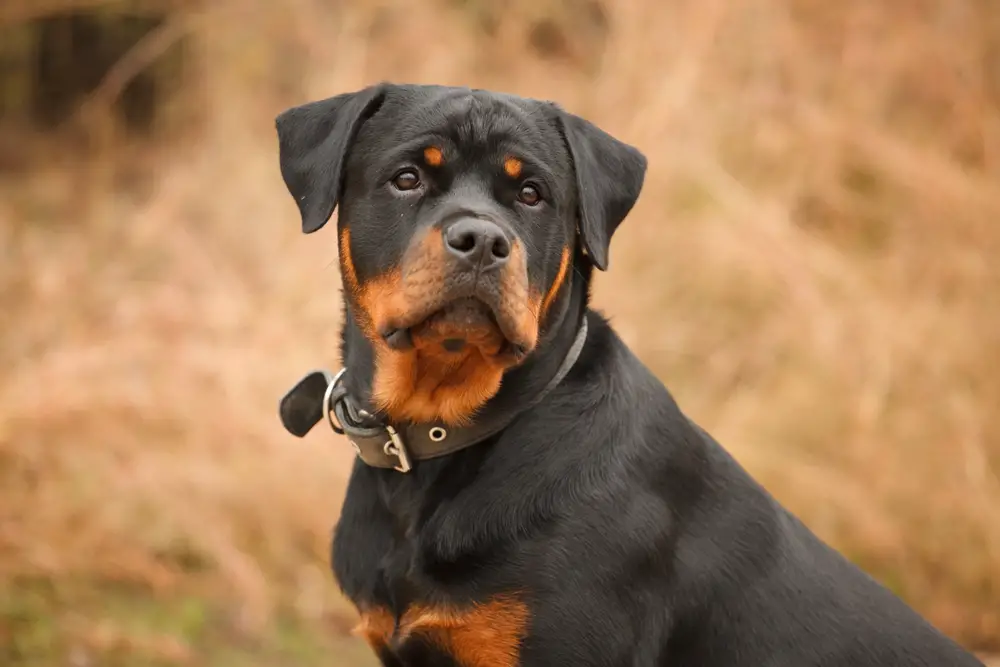
Rottweilers are renowned for their strength and protective instincts, often making them imposing but loyal companions. They require an owner who is confident and experienced in handling large, powerful dogs. Without proper training and socialization, Rottweilers can become aggressive or overly protective, leading to stressful situations for their owners. These dogs thrive with consistent training that establishes you as a firm but fair leader.
Rottweilers also need regular exercise to channel their energy positively and prevent destructive behaviors. Their size and strength mean they are best suited for homes with space to roam and play. Additionally, Rottweilers are predisposed to certain health issues, such as hip and elbow dysplasia, requiring attentive care and regular vet visits. For those who can meet their needs, Rottweilers offer unwavering loyalty and companionship, proving to be gentle giants for informed and dedicated owners.
15. Shiba Inu

Shiba Inus, with their fox-like appearance and independent personality, are charming yet challenging companions. They are known for their strong-willed nature, often leading to difficulties in training for inexperienced owners. Shiba Inus require consistent guidance and socialization to prevent them from becoming aloof or aggressive. Their independence can sometimes be mistaken for disobedience, testing the patience of even seasoned dog owners.
In addition to their strong personalities, Shiba Inus are prone to certain health issues, including allergies and joint problems, which can add stress to their care. They also have a high prey drive, necessitating a secure yard and careful management around smaller animals. Despite these challenges, Shiba Inus are loyal and devoted pets for those who understand and appreciate their unique nature. With the right approach, they can be endearing additions to families ready for a dog with a bit of attitude.
